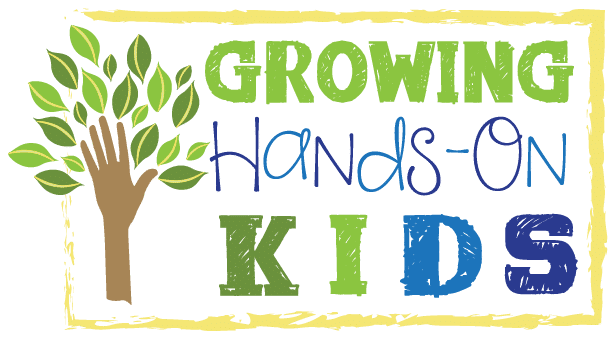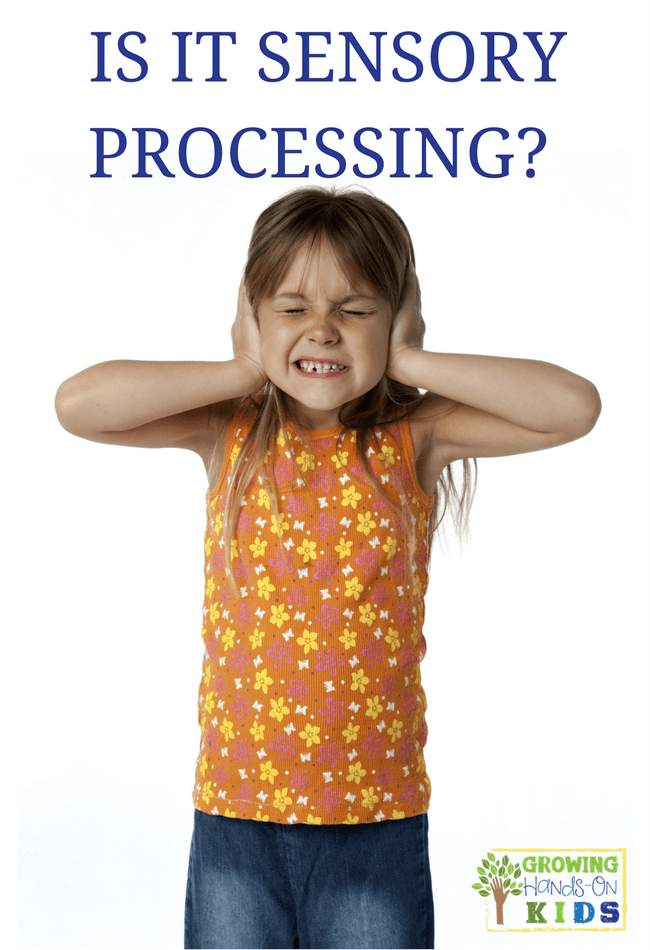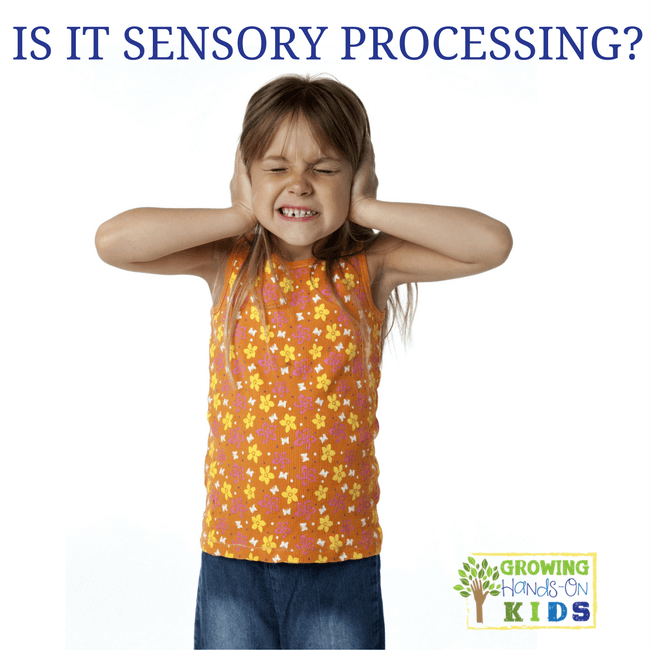Is it REALLY Sensory Processing Issues?
Affiliate and Referral links are used below to promote products I love and recommend. I receive a commission on any purchases made through these links. Please see my disclosure policy for more details. As an Amazon Associate, I earn from qualifying purchases.
When I wrote my first post back in April discussing behavior vs. sensory processing, I really had NO CLUE this post would do as well as it has done. Along with all the traffic came a lot of questions from parents and readers along with those who didn't agree.
Today I am going to answer some of the most asked questions and also discuss two of the most common statements I have seen in this discussion of behavior vs. sensory.
Is it REALLY a sensory processing issue? You may not like my answer…
Is it REALLY a Sensory Processing Issue?
The short answer: Maybe.
Is it ALWAYS? No.
Do all children have sensory processing quirks? YES. As a matter of fact, ALL people do. Because we are all designed with the same sensory systems (sight, hearing, taste, touch, smell). And the 6th sense of the vestibular and proprioceptive systems. For example, I can't stand orange juice with pulp because the pulp makes me want to gag. I also bite the inside of my cheeks when I am bored or need to focus.
So let's look at a couple of common critic's questions or statements when it comes to sensory vs. behavior.
It's Just Kids Being Kids
This statement is probably the #1 thing I see in regards to the question of behavior being just behavior or sensory-related. And yes, kids will be kids. They are kids after all.
Do kids act up? Yes
Do most kids act up because of just typical kid behaviors? Yes
Do SOME act up because of sensory processing issues? Yes
Do ALL kids act up because of typical kid behaviors AND sensory? Yes. Again, because we are ALL designed with the same sensory systems and we all have our quirks and differences.
- Not getting enough sleep or too much screen time
- Unhealthy diets OR allergies
- Sensory and vestibular systems not connecting correctly
These are just a few ways that sensory-related behaviors can affect ALL kids. And this often leads to discipline questions.
So how in the world are we supposed to know when a kid is acting up based on just behaviors or just sensory??
Short answer…. it is VERY HARD to tell MANY TIMES you will get it wrong. Sometimes it could be one or the other or both.
AND sensory kids act out just because they are kids too!
We are entering the toddler stage here at our house. All kids go through developmental stages that need to be taken into account when you are addressing behaviors. Since we are in the toddler phase here, this is an excellent post I read about clingy toddlers and the developmental phase they go through and how it relates to behavior.
Saying a child's particular behavior is related to sensory processing issues DOES NOT GIVE THEM AN EXCUSE. It also doesn't mean that ALL their behavior is automatically a sensory-related behavior.
It is a case-by-case, behavior-by-behavior thing. And YOU as the parent hold the keys.
You're Just Trying to Label and Diagnosis Kids
Is it a label? In a way. But it is not a label that should define them as individuals. However, it DOES define their behavior and gives parents an idea of how to help.
So how do you know when it is REALLY a sensory processing issue and when you need to get help?
When your child's behavior is interfering with their day-to-day life and they struggle to function on a normal day or in ANY situation, then check out some of the following resources below.
Remember, ALL kids have sensory quirks. So some of these resources will be helpful for ANY child, not just those who you think might have sensory processing issues. Again, PLEASE consult with your doctor or physician if you do suspect your child has a sensory processing problem OR behavior issue that is interfering with their day-to-day lives.
I would also suggest that you read up on whatever developmental stage your child is going through at the moment. Phases will come and go in their behavior regardless of their being sensory or behavior issues. Googling your child's age and the terms “behavior” (i.e. 2-year-old behavior) should get you started.
And reading parenting forums is probably not the best resource for these questions. Make sure you are reading from reputable sources on child behavior and development.
Resources for Sensory Processing Issues
Again, in case the disclaimers weren't obvious enough, this post IS NOT to take the place of medical advice and you need to refer to your physician and other licensed professionals.
However educating yourself on sensory processing is a great start, if you feel your child may have some sensory processing issues or quirks.
These are some of my favorite resources from other bloggers I know.
- Commonly Asked Questions about Sensory Processing Disorder – MamaOT
- Sensory Challenges – Therapy Fun Zone
- Decoding Every Day Kid Behaviors – Lemon Lime Adventures
- Is it Just a Phase? – Lemon Lime Adventures
- Sensory Integration Red Flags: When to Get Help – The Inspired Treehouse
And follow my Occupational Therapy Tips board on Pinterest for more great posts and ideas.
You May Also Like:

Heather Greutman, COTA
Heather Greutman is a Certified Occupational Therapy Assistant with experience in school-based OT services for preschool through high school. She uses her background to share child development tips, tools, and strategies for parents, educators, and therapists. She is the author of many ebooks including The Basics of Fine Motor Skills, and Basics of Pre-Writing Skills, and co-author of Sensory Processing Explained: A Handbook for Parents and Educators.



I do not see diagnosis as a labels. They are explanations of why some things are harder. They are not labels in the sense of identifying who someone is.
Hi, Heather! Thanks for the shout out! As a mother with kids with MANY issues, I agree. We can’t auto-jump to what it may be. It’s important to know. All five of my kids have SPD to one degree or the other. Not all of them suffer much from it, although it seriously affects the life of my 18 year old. But that’s another story.
I have 3 kids and at least one grandchild with SPD. Honestly, I’ve never noticed “behavior” problems with them. In fact, these are kids who rarely had to be disciplined in any real way. I can’t say why that is, but it has been my experience.
Great post. Thanks for mentioning my article. 😀
I really liked this article. I can definitely see a major behavior shift in our son when he watches too much TV. (He watches Disney Jr 80% of the time or we’ll do family rated movies together.) I suggest a method called Screen Time = Play Time. Pinned! =)
Glad you liked it Jessica. And yes, screen time is definitely a large factor in behavior issues I think. I can definitely tell when my daughter has had too much as well. Thanks for the great suggestion!